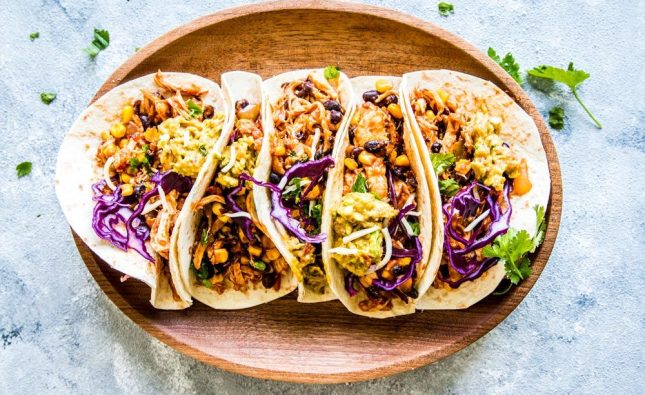
Introduction:
In recent years, prebiotic sodas have surged in popularity, promising a range of health benefits by harnessing the power of prebiotic fibers. These fizzy beverages claim to nourish the gut microbiome, improve digestion, and support overall well-being. However, a growing number of experts are questioning the validity of these claims. In this article, we will delve into the hype surrounding prebiotic sodas, examine expert opinions, and explore the challenges posed by these health-boosting claims.
Understanding Prebiotic Sodas:
Prebiotic sodas have gained attention as a convenient and enjoyable way to incorporate prebiotic fibers into the diet. Prebiotics are non-digestible fibers that provide nourishment to beneficial gut bacteria, contributing to a healthy gut microbiome. Traditional sources of prebiotics include foods like onions, garlic, artichokes, and whole grains.
The Promise and Skepticism:
Proponents of prebiotic sodas tout their ability to enhance gut health, support digestion, and strengthen the immune system. However, experts are approaching these claims with a healthy dose of skepticism. While prebiotic sodas may contain some prebiotic fibers, the actual amounts are often minimal compared to natural food sources. Experts argue that relying on a diverse, whole-food-based diet remains the gold standard for obtaining a broad spectrum of prebiotic fibers and other essential nutrients.
Unraveling the Health Claims:
Experts in nutrition and gut health are questioning the scientific evidence supporting the health claims made by prebiotic soda manufacturers. Many argue that the research is limited and lacks robustness. While prebiotic fibers have shown promising effects on gut health, particularly when consumed from whole foods, specific studies on the impact of prebiotic sodas are scarce.
The Role of Gut Microbiota:
A healthy gut microbiota is key to overall well-being, and prebiotic fibers play a vital role in nurturing beneficial gut bacteria. However, experts emphasize that a holistic approach to gut health involves more than just consuming prebiotic sodas. A diverse diet that includes a wide array of whole foods, including fruits, vegetables, legumes, and whole grains, is essential for maintaining a balanced and thriving gut microbiome.
Artificial Sweeteners and Additives:
Another area of concern surrounding prebiotic sodas lies in the potential negative effects of artificial sweeteners and additives commonly found in these beverages. Some artificial sweeteners may disrupt the delicate balance of gut bacteria, potentially leading to digestive issues and metabolic disturbances. Additionally, certain additives can undermine the purported health benefits of prebiotic sodas, making it crucial to read labels and choose products with minimal artificial ingredients.
Taking a Balanced Approach:
Experts advise adopting a balanced approach to gut health by incorporating a variety of prebiotic-rich whole foods into the diet. This includes fiber-rich fruits and vegetables, whole grains, legumes, and fermented foods like yogurt and sauerkraut. Such an approach not only provides an ample supply of prebiotic fibers but also offers a wide range of essential nutrients for overall health and well-being.
Conclusion:
While prebiotic sodas have gained attention as a convenient and seemingly health-enhancing beverage choice, experts are raising important questions regarding their actual impact on gut health. Skepticism surrounds the health claims made by prebiotic soda manufacturers, highlighting the need for further research and scientific evidence. It is clear that relying solely on prebiotic sodas as a means to improve gut health is not a substitute for a diverse, whole-food-based diet.










